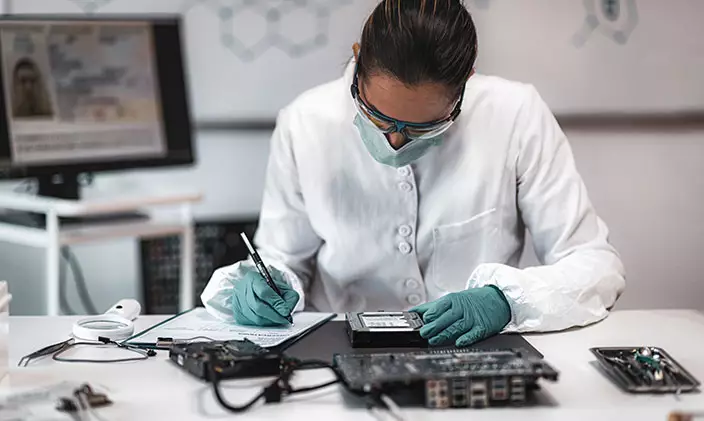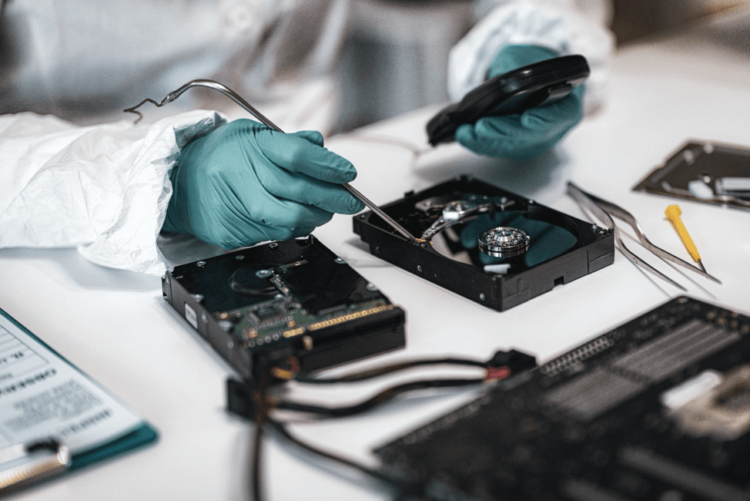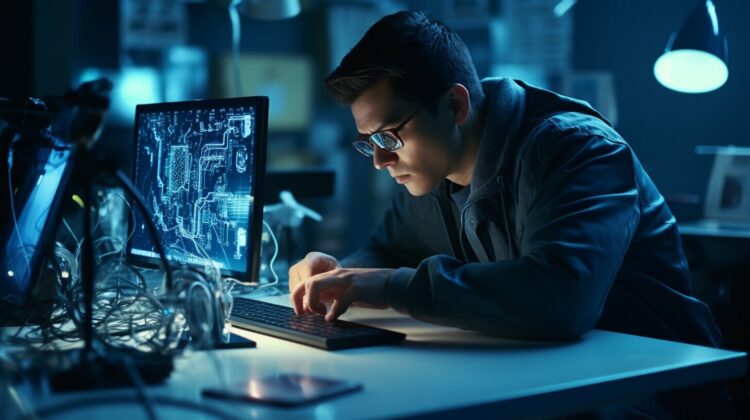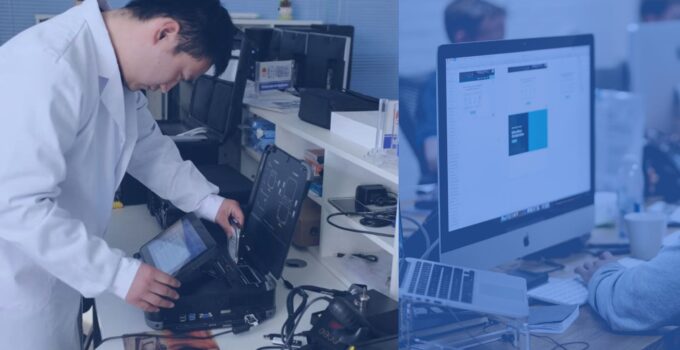Finding a qualified digital computer forensics expert is crucial for various purposes, ranging from criminal investigations to corporate litigation and information security. Digital forensics is a complex field that requires a high level of technical skill and a thorough understanding of legal processes. Here’s a guide on how to find a qualified expert in this field, complete with a table of contents to guide you through the key steps.
Table of Contents
- Understanding the Role of a Digital Forensics Expert
- Determine Your Specific Needs
- Look for Relevant Qualifications and Certifications
- Check Experience and Background
- Legal Knowledge and Courtroom Experience
- Evaluate Technical Skills and Tools
- Assess Professionalism and Communication Skills
- Look for Recommendations and Reviews
- Confirm Availability and Resources
- Discuss Confidentiality and Security
- Consider Cost and Billing Practices
- Conclusion
- FAQs
Page Contents
1. Understanding the Role of a Digital Forensics Expert

Source: phoenix.edu
Before starting your search, it’s important to understand what a digital forensics expert does. These professionals are skilled in uncovering and interpreting electronic data. They often work on cases involving cybercrime, fraud, data breaches, and other issues where digital evidence plays a critical role.
2. Determine Your Specific Needs
The first step is to identify your specific needs. Different experts may specialize in areas like network forensics, mobile device forensics, or cybercrime. Understanding the nature of your case will help you find an expert with the right expertise.
3. Look for Relevant Qualifications and Certifications
Digital forensics is a field where formal education and certifications are paramount. Look for experts who have:
- A degree in computer science, information technology, or a related field.
- Industry-recognized certifications like Certified Information Systems Security Professional (CISSP), Certified Computer Examiner (CCE), or Certified Forensic Computer Examiner (CFCE).
4. Check Experience and Background

Source: veriato.com
Experience is key in digital forensics. An expert should have a solid track record of working in the field, ideally with experience relevant to your case. This could include prior work in law enforcement, corporate security, or as a consultant in digital forensics.
5. Legal Knowledge and Courtroom Experience
An expert in digital forensics often needs to present findings in legal settings. Look for someone with experience in providing expert testimony and who understands the legal standards for evidence. Familiarity with the rules of evidence and experience in preparing expert witness reports are crucial.
6. Evaluate Technical Skills and Tools
Digital forensics is a rapidly evolving field. Ensure the expert is proficient in the latest tools and technologies. They should be capable of handling various types of digital evidence, from hard drives to cloud storage and mobile devices.
7. Assess Professionalism and Communication Skills
The ability to communicate complex technical information in an understandable way is essential. The expert should be professional, unbiased, and able to articulate findings clearly, both in written reports and verbal testimony.
8. Look for Recommendations and Reviews

Source: upwork.com
Recommendations from colleagues or industry professionals can be invaluable. Additionally, look for reviews or case studies showcasing the expert’s past work. This can provide insight into their expertise and reliability.
9. Confirm Availability and Resources
Ensure the expert is available to work on your timeline and has the necessary resources. This includes not only time availability but also access to appropriate tools and technology to analyze and preserve digital evidence.
10. Discuss Confidentiality and Security
Given the sensitive nature of digital evidence, it’s important to discuss confidentiality and data security measures. The expert should have protocols in place to protect and secure data throughout the investigation.
11. Consider Cost and Billing Practices

Source: sentreesystems.com
Understand how the expert charges for their services. Some may charge an hourly rate, while others might have a flat fee for specific services. Ensure their billing practices are transparent and align with your budget.
12. Conclusion
Finding the right digital computer forensics expert is a critical step in dealing with digital evidence. It’s important to choose someone with the right mix of technical skills, legal knowledge, and experience. By carefully evaluating qualifications, experience, and fit for your specific needs, you can select a professional who will provide valuable expertise and support for your case.
FAQs
How long does a digital forensic investigation typically take?
The duration can vary greatly depending on the complexity of the case and the amount of data involved. It’s important to discuss timelines with the expert upfront.
Can digital forensics experts recover deleted data?
Often, they can recover data that has been deleted, but this depends on the specific circumstances and the type of media involved.
Is digital evidence admissible in court?
Yes, digital evidence is admissible, provided it is collected, preserved, and presented




